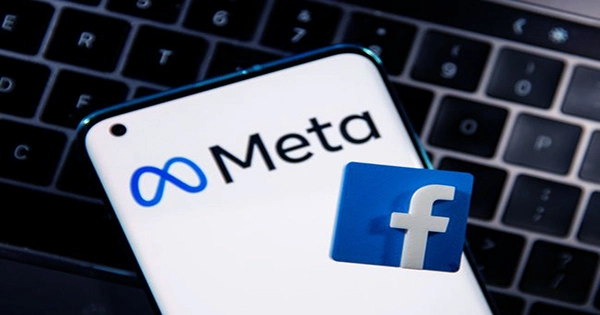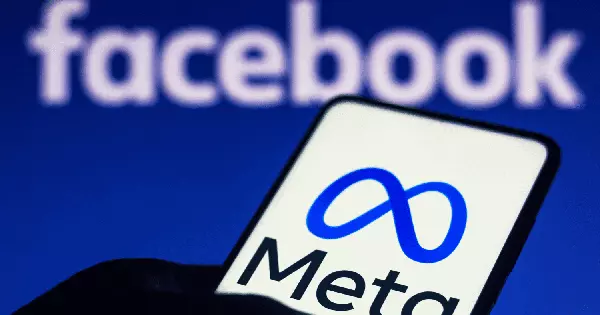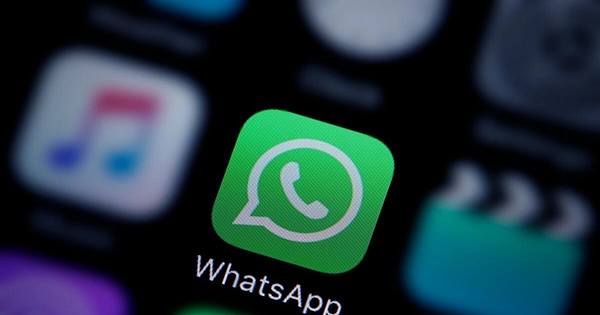Navalny begins by describing this as “a thread about how to open a second front against the Kremlin war criminal” in a lengthy tweetstorm in Russian [translated using machine translation] laying out his thinking — and making a direct appeal to both Google and Meta as well as a number of Western political leaders. Informational.” “The first thing to recognize is that the conflict in Ukraine does not have 75% support in Russia. “This is a Kremlin lie,” he writes, claiming that while there is widespread opposition to Putin’s aggression among Russian citizens, it is nearly impossible for ordinary citizens to speak out because they face up to 15 years in prison for simply using the word “war” — and later claiming that “Putin’s secret services now have no more important things to do than arrest people for likes under anti-war posts.”
According to the thread, a guy was recently jailed in Moscow for just standing on the street with a copy of Tolstoy’s masterpiece “War and Peace.” “The bulk of Russian folks have a profoundly erroneous view of what is going on in Ukraine,” Navalny adds. “For them, Putin is fighting a modest but effective battle with little bloodshed. Our military personnel are heroes, with nearly no casualties.” To counter such pervasive Kremlin propaganda, Navalny suggests taking advantage of what he claims is still widespread use of Western social media platforms and messaging apps (86 percent or more of Russian adults), citing YouTube, Instagram, WhatsApp, Google, and Facebook, and flooding those platforms with “a massive national anti-war campaign,” beginning with an ad campaign.

“Every Russian Internet user will be exposed to 200 million impressions every day.” Pre-rolls, stories, and postings in cities and villages around Russia. He proposes a future in which Western ad platforms agree to be mobilized and armed against Putin’s aggressiveness on every tablet and phone. Navalny claims that a statewide ad campaign — as well as tailored advertisements — is required for his plan to succeed, noting that when Google and Meta stopped selling ads within Russia, it “significantly hindered the opposition’s work.”
“After all, we need to irritate opponents and skeptics, not fans.” It worked when we could deliver well-targeted adverts. We fought Putin’s propaganda and triumphed,” he continues, implying that de facto opposition election victories were aided by targeted advertisements. “According to the protocols, our candidates won practically all of Moscow and St. Petersburg’s districts in the recent State Duma elections, and were only halted by large-scale falsifications.” Yes, it works not only in Moscow, but also in Siberia and across the Russian Federation. Checked.” He then goes on to say that ending the war is “more essential than any election” — before admitting the problem with a notion that calls for the West to use adtech to weaponize speech, even for anti-war purposes.
















